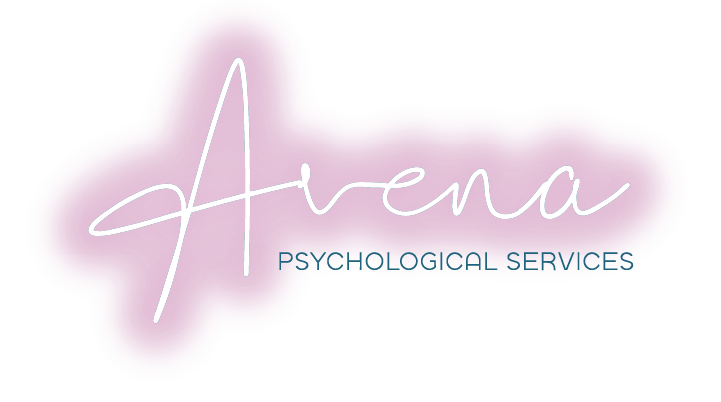Anxiety. It’s a word that sends shivers down many spines, conjuring images of racing hearts, sweaty palms, and overwhelming worry. But amidst the storm, there’s hope. Just like a skilled sailor can navigate through choppy waters, therapy offers a multitude of techniques to help you manage anxiety and find your inner calm.
Let’s take a look at some therapy techniques for anxiety:
- Cognitive Behavioral Therapy (CBT):
Think of CBT as a detective, uncovering the unhelpful thought patterns that fuel anxiety. Through collaborative exploration and evidence-based strategies, you’ll learn to identify and challenge distorted thinking, replacing it with more realistic and empowering perspectives. Imagine swapping “I’m going to mess this up” for “I can face this challenge and learn from it.”
- Exposure Therapy:
This technique might sound counterintuitive, but facing your fears head-on can be incredibly liberating. Exposure therapy gradually introduces you to anxiety-provoking situations in a safe and controlled environment, allowing you to develop coping mechanisms and break the fear cycle. Picture climbing a mountain of anxiety one step at a time, each step building confidence and resilience.
- Mindfulness and Relaxation Techniques:
Sometimes, anxiety feels like a runaway train. Mindfulness and relaxation techniques act as the brakes, teaching you to slow down, focus on the present moment, and activate your body’s natural calming mechanisms. Deep breathing exercises, progressive muscle relaxation, and meditation can anchor you in the present, offering a much-needed respite from the storm.
- Acceptance and Commitment Therapy (ACT):
Instead of battling your anxiety, ACT encourages acceptance. It acknowledges that certain thoughts and feelings are inevitable, but they don’t have to control your life. Through ACT, you’ll learn to detach from unhelpful internal experiences and focus on living a meaningful and values-driven life, even amidst anxiety. Imagine surfing the waves of anxiety instead of getting tossed around by them.
- Eye Movement Desensitization and Reprocessing (EMDR):
For those struggling with trauma-related anxiety, EMDR can be a powerful tool. This technique uses bilateral eye movements to help reprocess traumatic memories and reduce their emotional impact. Think of EMDR as gently untangling the knots of past experiences, allowing you to move forward with less anxiety baggage.
Remember, Finding Your Perfect Fit:
This is just a glimpse into the vast array of therapy techniques for anxiety. The best approach is unique to each individual, and finding the right fit is crucial. Don’t hesitate to explore different options and work with a therapist who creates a safe, supportive space for your journey.
Beyond Therapy:
Remember, therapy is just one piece of the puzzle. Taking care of your physical and emotional well-being through healthy sleep habits, regular exercise, a balanced diet, and social connection can significantly enhance the effectiveness of therapy and empower you to navigate anxiety with greater resilience.
So, take a deep breath, and remember, you’re not alone in this storm. With the right tools and support, you can find your calm and create a brighter future, free from the clutches of anxiety.
Contact us to schedule an appointment with a professional in New York or New Jersey.

